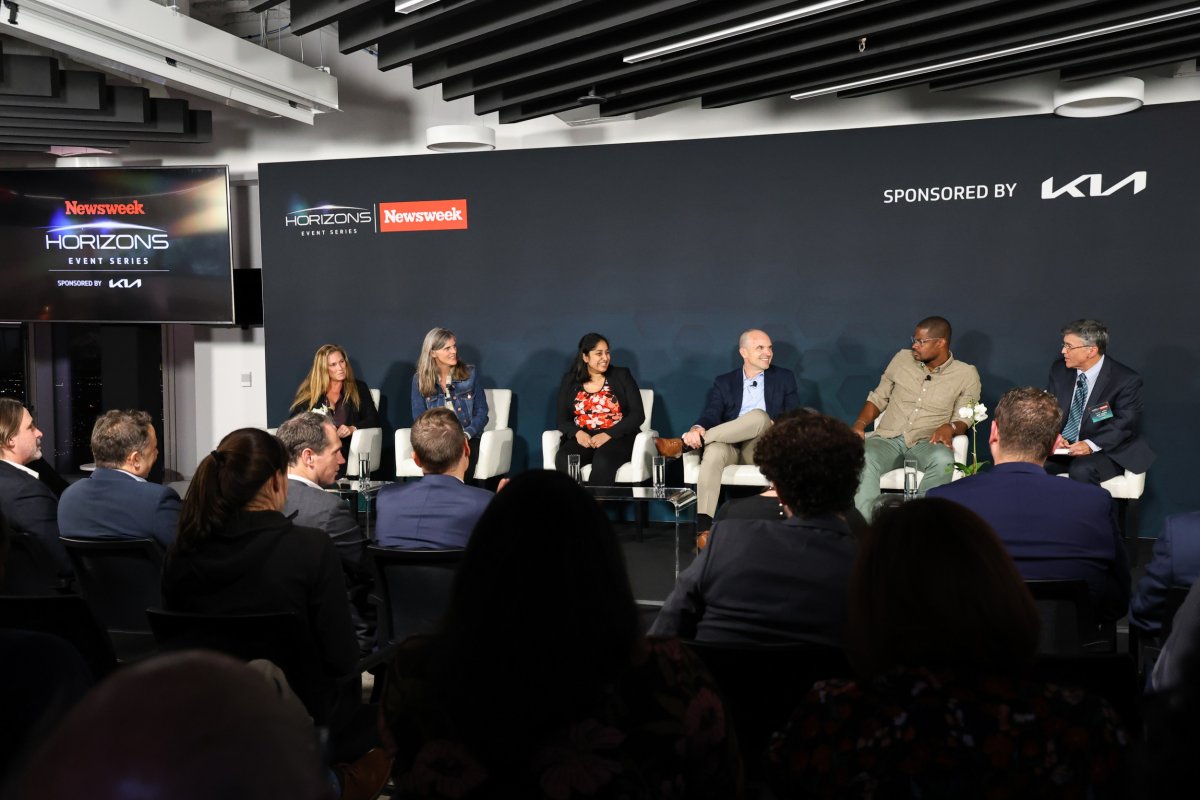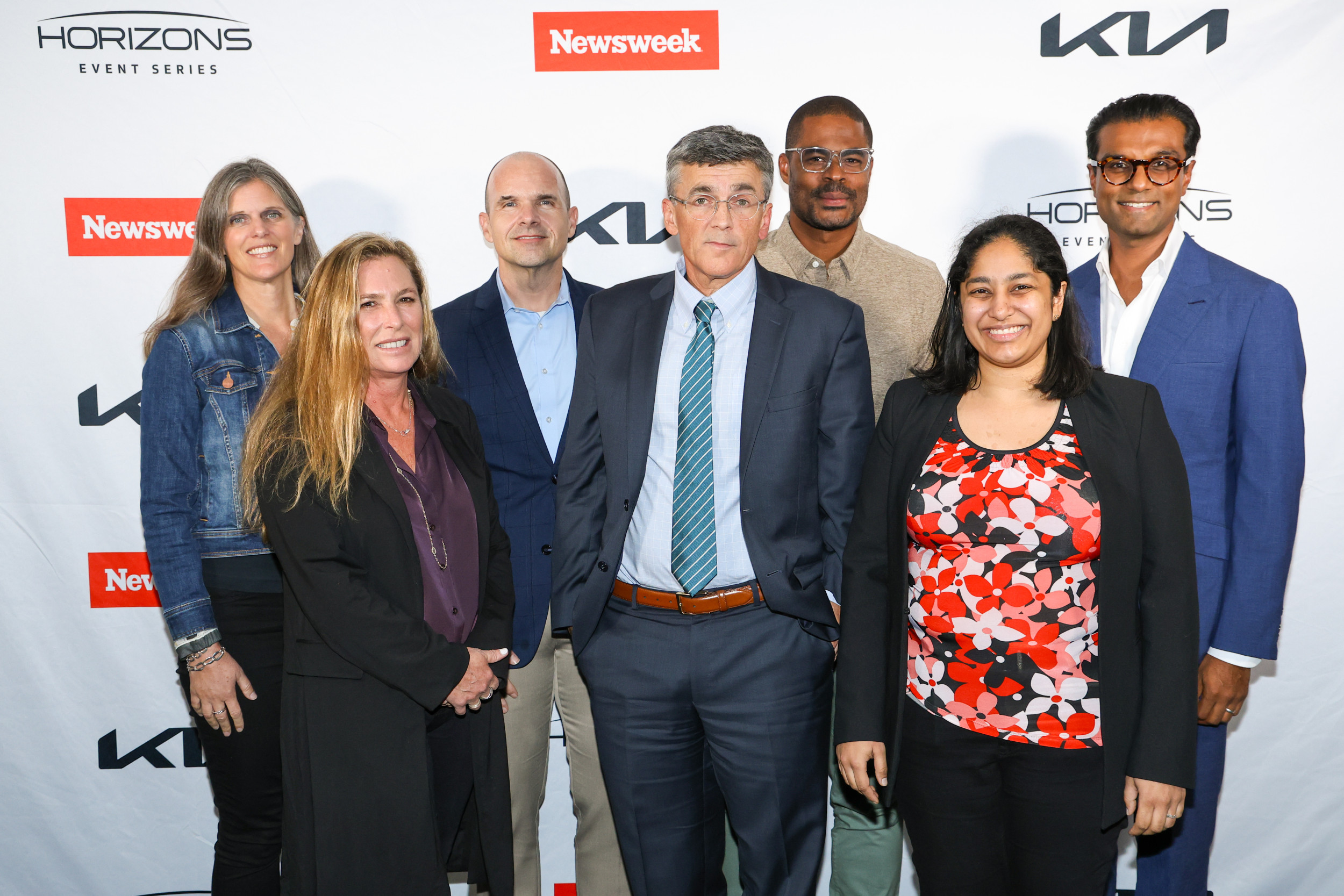As artificial intelligence (AI) continues to grow, it’s opening up exciting possibilities for clean energy solutions. However, running generative AI requires significant energy, raising questions about how to balance these two trends.
Recently, a panel of experts discussed this issue, featuring leaders from major organizations: Microsoft’s Bobby Hollis, the Bezos Earth Fund’s Amen Ra Mashariki, Salesforce’s Suzanne DiBianca, Duke Energy’s Heather Quinley, and MIT’s Priya Donti.

Yekaterina Gyadu
The dialogue highlighted how AI breakthroughs could potentially offset the high energy demands they create.
This topic is gaining traction; a recent study from the Electric Power Research Institute (EPRI) indicates that data centers might consume up to 9% of U.S. electricity by 2030, more than double current usage.
In a White House briefing, Energy Secretary Jennifer Granholm expressed confidence in the country’s ability to meet AI’s energy needs: “We emphatically say yes, we will.”

Yekaterina Gyadu
Hollis from Microsoft sees AI as a key player in combating climate change, although the company’s latest sustainability report revealed a 29% increase in emissions since 2020 primarily due to their expanding data centers. Recently, Microsoft partnered with Constellation to diversify their energy sources, exploring options like nuclear power from Pennsylvania’s Three Mile Island.
At the Bezos Earth Fund, Mashariki focuses on using data to tackle environmental challenges, citing efforts to manage invasive species in the Florida Everglades with AI technology.
Salesforce’s DiBianca pointed out that while LLMs (Large Language Models) require substantial computational power, their efficacy doesn’t always justify such demands, advocating for equitable access to AI tech across sectors.

Yekaterina Gyadu
Duke Energy’s Quinley described AI as both beneficial and challenging. While it enhances efficiencies in operations, the surge in data center demand is significant, with projections indicating they will represent a substantial portion of future energy projects.
1 of 5

Yekaterina Gyadu
MIT’s Donti, co-founder of Climate Change AI, emphasized that AI itself is a tool, shaped by how people wield it. “If we’re serious about fighting climate change, it will be a hero. If we’re not, it’ll become a villain,” she noted.
Experts like Donti stress the need for greater transparency from tech companies to assess the energy consumption of AI systems accurately. Proposed legislation by Senator Ed Markey aims for more disclosure in this area.
“Understanding the dynamics of AI’s energy use is crucial,” Donti stated. “More transparency and data sharing will be instrumental in navigating these challenges.”
